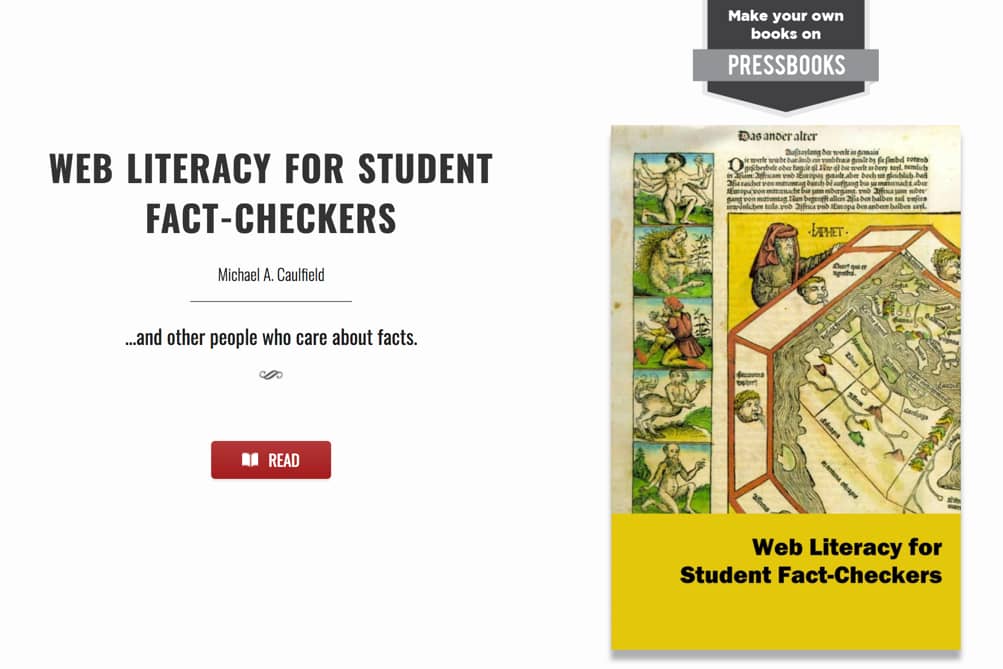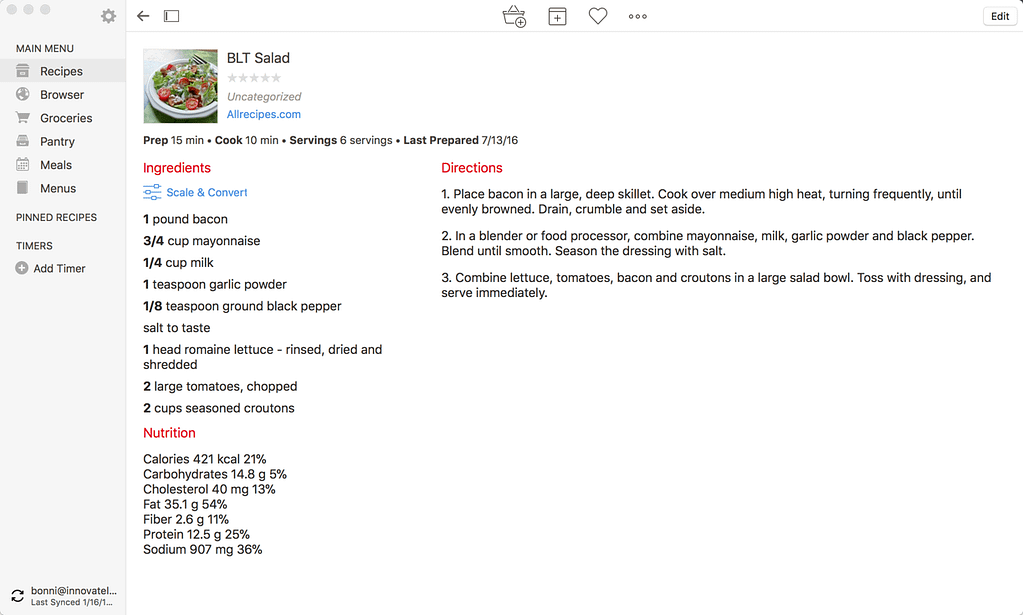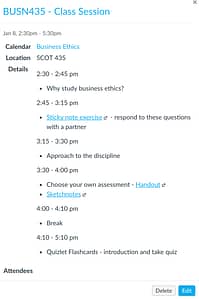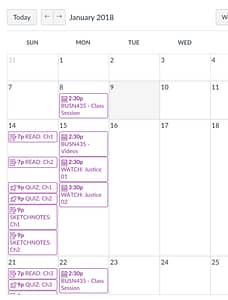
This past week, I have been experiencing what can best be described as an email emergency. Somehow, all my email folders got erased and I went through processing what life would be like to lose all the emails I had ever been sent using one of my two primary email addresses.
The mostly happy news is that it looks like I am going to emerge out of this with my emails in place. However, I won’t be able to get the multitudes of hours back into my life that I have spent on this project.
Less is More – When it Comes to Email Folders
I had over 35 different folders and subfolders in my email storage structure. As I worked on moving my emails over from the backups, I decided not to replicate the same structure this time around. Instead, I kept it as lean as possible, knowing that search has come such a long way and I’m likely to be able to find what I need from that method of retrieval.
My folder hierarchy is now as follows:
- Archive
- Encouragement
- Family
- Humor
- Innovate Learning
- Personal
- Purchases
- Reference
- Vanguard
There are some people who recommend not having any folders at all, except for archive. If you use an email app on your smartphone, you can likely swipe to one side and automatically send an email right into the archive folder. You can search by sender, receiver, subject line, or even in the contents of the emails, in most email clients.
I think I will probably trim down the number of folders I have in my teaching/work email, too. I like to have a folder for the current semester, in order to zero in on student emails that have come in related to classes. After a semester ends, I move all emails over to the archive folder.
I have a folder directly related to my role of Director of Teaching Excellence and Digital Pedagogy – for those times when I need to get a sense of what I have been focused on in recent weeks. But many of my other folders are excessive and I have far too many subfolders.
When I finish my work-related email clean up, it will look something like this:
- Archive
- 1-teaching-excellence-and-digital-pedagogy
- 2018s
- Departments
- Encouragement
- Personal
- Research
I can feel myself resisting this change, even as I type it up. Since I was “forced” to in dealing with my email emergency on my personal account, it made it easier to “rip the band-aid off” in that case. I can now see how much more streamlined things are going to be, so hopefully I can remember that when I get to making the change on my work account.
Backups are Essential
Dave and I use a service called FastMail for our Innovate Learning emails. We pay extra for backups – and this past week’s adventures are a testament to why. If I hadn’t had a backup plan with them, I would have lost most of my emails from many years of email use.
Their response time has been less-than-ideal regarding my email emergency. However, the backups of my emails were well worth the money we paid and somewhat worked as expected.
Sanebox is a Game Changer
Another service I have had to live without, as I get this all sorted out, is SaneBox. It sorts through my emails and leaves only the most essential ones in my primary inbox. I have been lost without it. You can receive a free SaneBox trial if you want to experience the sanity that only SaneBox can deliver.
Email Clients are Not Task Managers
The biggest change in how I have needed to work this past week, while all this gets sorted out, involves leaving emails in my inbox for longer than normal. I typically keep with a “touch it once” approach to email. When I first look at an email, I read it for “action” – is there anything that requires action buried somewhere within this message?
If the answer is yes, and it only is going to take me two minutes or less to perform that action, I take care of it right then. If it will take more than two minutes, the email is sent over to my task manager (OmniFocus) and can then be prioritized amongst all the other things I have on my plate.
When we don’t do this, we allow others to dictate to us what our priorities should be, instead of allowing their requests to be considered in the context of the other things that are important to accomplish.
Speaking of task managers, The Sweet Set up just did a nice write up of their favorite task managers, along with recommending Things3 as their top pick.
Next Steps
I have recorded an episode of the Teaching in Higher Ed podcast that describes my process for managing email in detail.
Other episodes related to productivity include:
- Get More Meaningful Work Done
- Teaching in the Digital Age
- Strength Through Habits
- Get It Together
- The power of checklists
- The weekly review
- Approaches to calendar management in higher ed
- What to do before you act on all you've captured
- Practical productivity in academia
- Lower your stress with a better approach to capture
Preorder The Productive Online Professor
I’m excited to announce that preorders for my new book: The Productive Online Professor are available now. The book discusses even more methods for managing email more productively, along with plenty of other topics to help us have more peace in our lives, so we can be even more present for our students. Please consider pre-ordering a copy to support the launch of the book, not to mention your own potential productivity boost.







 Avoid Mentioning Specific Dates
Avoid Mentioning Specific Dates